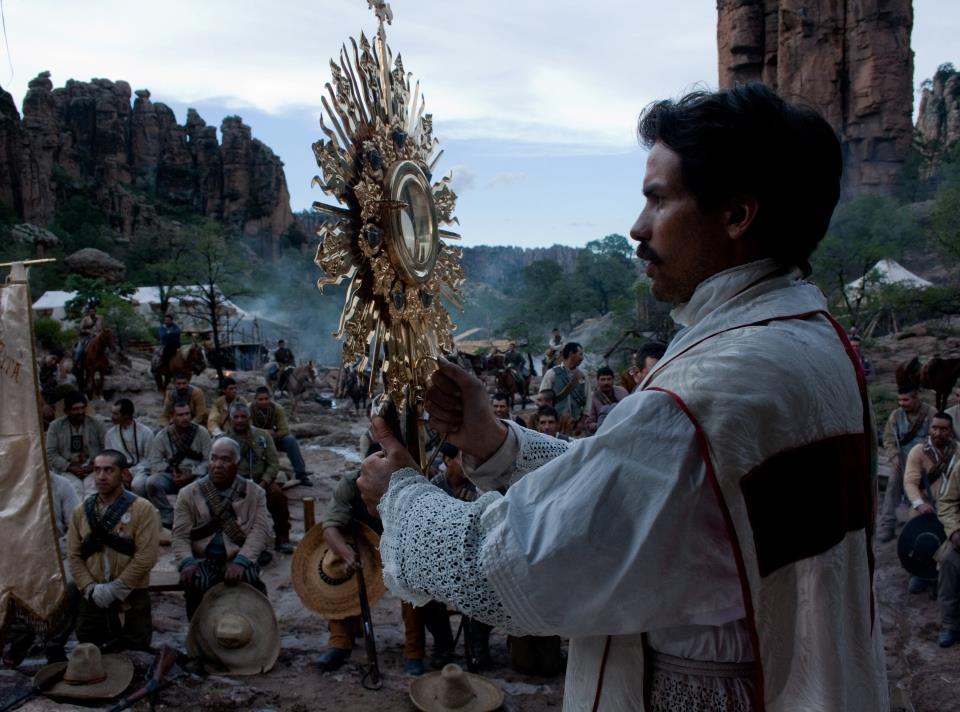Celebramos éste domingo el final
del tiempo Pascual y la hermosísima solemnidad de Pentecostés, la fiesta del
Espíritu de Dios, la jornada en la que los cristianos pedimos que se derramen
sobre nosotros -¡los necesitamos tanto!- los preciosos dones del Espíritu. Y
celebramos también el cumpleaños de nuestra Madre la Iglesia. Nos dicen los
santos Padres que Ella nació del costado abierto de Cristo, pero que en
Pentecostés recibe el resello del Espíritu y la fuerza para predicar a las
naciones el Evangelio. Que nuestra oración de hoy sea en acción de gracias por
ésta Madre nuestra amorosa, la Iglesia, la Esposa de Cristo. Ella, que nos
amamanta y educa día a día; Ella, que no nos deja ni un instante solos. Con
Ella y por Ella digamos juntos:
Ven, Creador, Espíritu
amoroso,
ven y visita el alma que a
ti clama
y con tu soberana gracia
inflama
los pechos que criaste
poderoso.
Tú, que abogado fiel eres
llamado,
del Altísimo don, perenne
fuente,
de vida eterna, caridad
ferviente,
espiritual unción, fuego
sagrado.
Tú te infundes al alma en
siete dones,
fiel promesa del Padre
soberano;
tú eres el dedo de su
diestra mano;
tú nos dictas palabras y
razones.
Ilustra con tu luz nuestros
sentidos,
del corazón ahuyenta la
tibieza,
haznos vencer la corporal
flaqueza
con tu eterna virtud
fortalecidos.
Por ti nuestro enemigo
desterrado,
gocemos de paz santa
duradera,
y siendo nuestro guía en la
carrera,
todo daño evitemos y pecado.
Por ti al eterno Padre
conozcamos,
y al Hijo, soberano
omnipotente,
y a ti, Espíritu, de ambos
procedente
con viva fe y amor siempre
creamos ■






_-_Google_Art_Project.jpg)












